Flexitarianism
Our global food system has a significant impact on the planet, with meat production being a major contributor to climate change. As a result, a shift in our dietary patterns is needed. This brings to light the “flexitarian” diet – a plant-forward approach that prioritises plants such as whole grains, fruits, vegetables, nuts, and legumes while reducing, but not eliminating, animal foods like meat and dairy.
This eating style aligns with the Planetary Health Diet, developed by the EAT-Lancet Commission of Food, Planet and Health, a group of leading scientists who concluded that feeding a future population sustainably requires a shift in our diets (1). Below is the planetary health plate which shows the breakdown of the types and quantities of foods we should be consuming.
In summary, this diet suggests:
At least five servings of fruit and vegetables per day.
Prioritise plant proteins such as nuts, lentils, beans and peas.
Be mindful of animal source protein consumption in terms of both sourcing and quantities consumed. Here is a guide for weekly allowances:
Red meat (pork, lamb, beef): 98g per week = 4-5 slices bacon / 1 small steak e.g. filet mignon / 1/2 cup beef or lamb mince.
Poultry: 203g per week = 1 medium chicken breast / 1 cup turkey mince.
Fish: 196g per week: 1 medium salmon fillet / 2 tins tuna.
Moderate consumption of dairy is recommended (250g per day e.g. 1 cup milk / 2 cups grated mozzarella / 1 cup yogurt).
Fats should be primarily from unsaturated plant sources such as olive oil, rapeseed oil, avocados, nuts and seeds.
Carbohydrates should primarily be sourced from wholegrains with low intake of refined grains and sugar.
Why go flexitarian?
Good for you
Numerous studies have shown that increased consumption of plant-based foods is associated with a decreased risk of many chronic diseases such as obesity, coronary artery disease, type-2 diabetes and certain cancers.
A diet rich in plants also supports gut health, with research showing that those who eat 30+ plants per week have a more diverse group of gut microbes. Click here to read more about the power of plants for gut health.
Unlike vegetarian or vegan diets, flexitarianism allows occasional consumption of animal products, ensuring adequate intake of vitamin D, calcium, vitamin B12, iodine, iron and omega-3 fatty acids.
Good for the planet
Animal agriculture is a major contributor to greenhouse gas emissions, deforestation and water use. Reducing consumption of animal products like poultry, red meat and dairy in our diets can help preserve biodiversity and lower carbon footprints. The recommendation is not to completely eliminate animal source proteins from our diets, but rather to increase the intake of plant-based proteins while gradually reducing consumption of animal-based proteins. Take a look at the example below of the differences in the environmental impact of a vegetable curry, a chicken curry and a beef curry.
Spinach, sweet potato and chickpea chana masala Chicken curry Braised beef curry
Tips for going flexitarian
Start small: Try one plant-rich meal or day per week.
Bulk up your recipes with plants: Add wholegrains, pulses or vegetables to your meals for extra protein, fibre and texture.
Plan ahead: Meal prep or batch cook for convenience.
References
Willett, W.,Rockström, J.,Loken, B.,Springmann, M., Lang, T., Vermeulen, S., ... & Murray, C. J. (2019). Food in the Anthropocene: the EAT–Lancet Commission on healthy diets from sustainable food systems.The Lancet,393(10170), 447-492.



